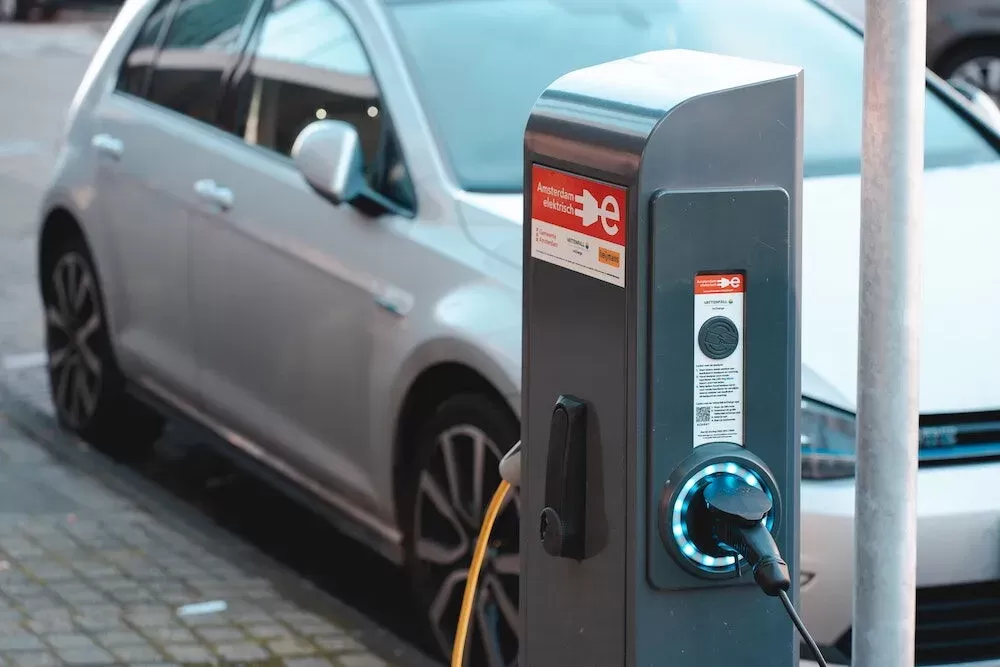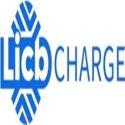Notifications

6 minutes, 24 seconds
-16 Views 0 Comments 0 Likes 0 Reviews

Introduction
As a leading EV charger manufacturer in China, LiCB Charge offers dependable AC and DC electric vehicle charging stations along with comprehensive charging solutions.
The electric vehicle (EV) revolution is accelerating rapidly, driven by supportive government policies and bold commitments from the automotive industry. In the United States, the Bipartisan Infrastructure Bill allocated $5 billion to EV charging infrastructure—yet this falls far short of the estimated $87 billion needed to achieve 100% EV sales by 2035 for passenger vehicles alone. Closing this vast funding gap will require significant involvement from the private sector, with the real estate industry poised to play a pivotal role.
Integrating EV charging stations into real estate assets is no longer a futuristic luxury — it’s becoming essential to maintain competitiveness across residential, retail, and commercial properties. Beyond passenger vehicle charging, the greatest growth lies ahead in supporting the surge of commercial EV fleets, particularly medium and heavy-duty electric trucks. As demand grows, a race will emerge to develop specialized charging hubs capable of meeting these fleet needs.
Rising EV Adoption & Market Expectations
Global EV sales are expected to surpass 14 million units in 2024, with projections indicating that EVs will represent nearly 60% of new car sales worldwide by 2030 (International Energy Agency). This rapid adoption places increasing pressure on property owners and developers to adapt their assets accordingly.
Research from the Urban Land Institute highlights that properties equipped with EV chargers see value boosts of up to 7% in residential settings and as much as 15% in commercial real estate. Moreover, 77% of EV drivers actively seek properties with dependable charging options. This growing consumer demand signals that advanced, scalable charging solutions are no longer optional but critical to tenant satisfaction and long-term property value.
Investing in EV charging infrastructure is a strategic financial move. Commercial properties with charging stations can generate additional revenue streams, earning up to $0.50 per kWh, translating to $1,500–$3,000 per month per charger.
For residential properties, EV chargers increase both rental and resale values, appealing to tenants and buyers prioritizing sustainability and convenience. High-quality charging amenities can lead to higher occupancy rates and improved tenant retention.
Partnership opportunities with EV network providers or utilities offer another avenue to monetize infrastructure, through revenue sharing or incentive programs that offset upfront installation costs, improving return on investment.
EV drivers are 2.5 times more likely to select properties offering convenient, reliable charging—especially those equipped with smart features like real-time reservations, automatic payments, and fast chargers.
Amenities such as covered parking with charging, app-based management, and minimal wait times elevate tenant satisfaction and loyalty. Commercial properties also benefit: office buildings and retail centers supporting EV charging enhance their sustainability credentials, attract eco-conscious customers, and encourage longer visits.
As EVs dominate the automotive landscape by 2035, properties lacking charging infrastructure risk obsolescence. With global investments in charging infrastructure expected to exceed $150 billion annually, future-proofing is critical.
This means adopting modular, scalable charging systems that accommodate evolving EV technologies, incorporating energy management solutions, and planning for increased electrical demand to ensure assets remain relevant for decades.
The most significant expansion opportunity lies in commercial EV fleets. Medium and heavy-duty electric trucks are increasingly adopted by logistics and transportation companies aiming to cut emissions and operational costs.
Real estate developers can capitalize by building dedicated charging hubs with high-power DC fast chargers, sufficient space for large vehicles, and driver amenities. Integrating renewable energy sources like solar panels can further reduce costs and improve sustainability.
These hubs can become multi-functional logistics centers, combining charging, vehicle maintenance, and driver services to maximize operational efficiency and profitability.
While the benefits are clear, upfront costs, permitting, grid capacity, and maintenance pose challenges. Strategic partnerships with utilities and leveraging government incentives can reduce financial burdens.
Selecting equipment with remote monitoring enables proactive maintenance, reducing downtime. Additionally, energy storage systems and demand response technology can mitigate grid strain, particularly for large commercial charging facilities.
The EV revolution is fundamentally reshaping real estate. Developers who integrate scalable, efficient, and user-friendly EV charging infrastructure will position their properties for future success—boosting value, generating new revenue streams, and enhancing tenant satisfaction.
As EV adoption surges toward 2035, properties equipped with robust charging capabilities will stand out as forward-thinking, sustainable investments. The opportunity for real estate to lead in this transformation is clear. The time to invest in EV charging infrastructure is now.Know more about Google SEO Directory
China EV Chargers EV Charger Manufacturer Smart EV Chargers Electric Car Chargers Electric Vehicle Chargers Electric Car Charging Stations

